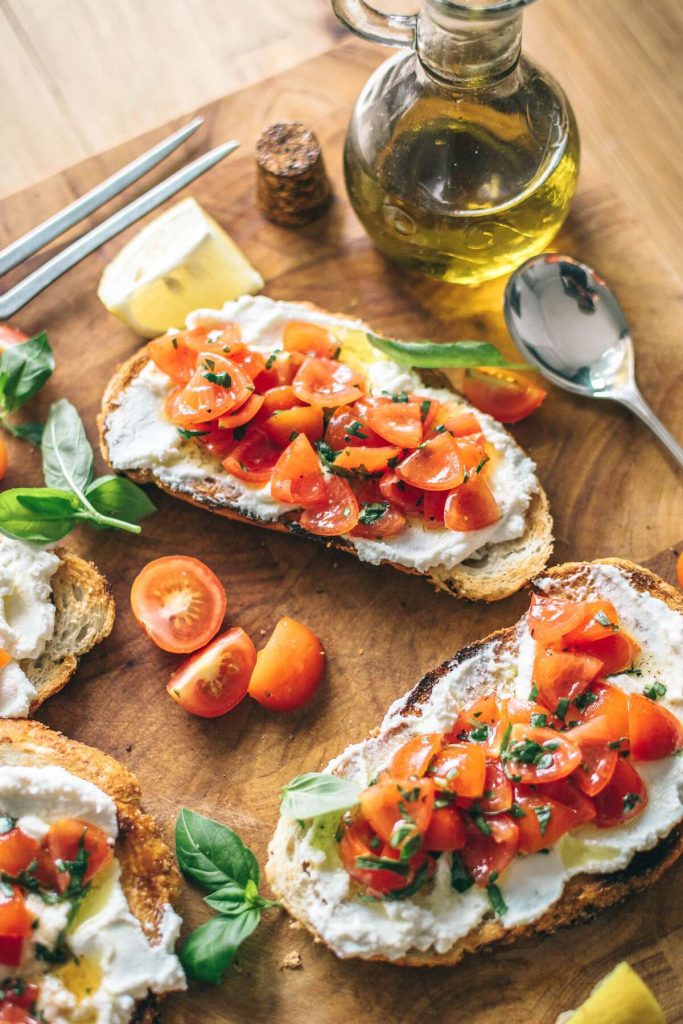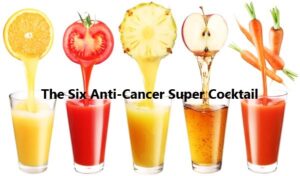
Let food be thy medicine and medicine be thy food.
Download The Six (6) Natural Anti-Cancer Super Cocktail Information
![]() => Anti-Cancer Information (PDF, 527 kb filesize)
=> Anti-Cancer Information (PDF, 527 kb filesize)
Exploring the Healing Power of What We Eat
“Let food be thy medicine and medicine be thy food” is a timeless quote attributed to Hippocrates, the ancient Greek physician often considered the father of modern medicine.
Although the exact phrasing might not be directly found in his surviving works, the sentiment behind it captures a foundational principle: what we eat has a profound impact on our health.
The Wisdom in Simplicity
This quote speaks to a deep truth: food is not just sustenance—it is powerful. Every bite we take can either help our body thrive or push it toward imbalance. The idea isn’t to replace all medicine with food, but to recognize that food plays a crucial role in prevention, healing, and well-being.
Modern science continues to validate this ancient wisdom. Studies show that diets rich in whole foods—vegetables, fruits, whole grains, nuts, seeds, lean proteins, and healthy fats—can reduce the risk of chronic diseases such as heart disease, diabetes, and even certain types of cancer.
Meanwhile, heavily processed foods, added sugars, and excessive red meat are linked to inflammation, obesity, and other health problems.
Food as Prevention
A healthy diet is often our first and most effective line of defense against illness. The Mediterranean diet, for instance—rich in olive oil, fish, legumes, and fresh produce—has been shown to lower the risk of cardiovascular disease and cognitive decline. Similarly, plant-based diets have been linked to reduced risk of Type 2 diabetes and hypertension.
Even specific ingredients have medicinal benefits. Turmeric contains curcumin, a natural anti-inflammatory compound. Garlic supports immune function. Leafy greens are packed with antioxidants that help protect cells from damage.
Food as Healing
While food alone may not cure all ailments, it can support the body’s natural healing processes. For example:
Bone broth supports gut health and joint repair.
Fermented foods like yogurt, kefir, and kimchi promote a healthy microbiome, which is linked to better digestion and immunity.
Berries are high in flavonoids, which may help fight oxidative stress and inflammation.
In holistic and integrative medicine, doctors often work with nutritionists to develop healing diets tailored to conditions like autoimmune diseases, digestive disorders, or hormonal imbalances.
Reconnecting with What We Eat
In today’s fast-paced world, it’s easy to lose touch with the origins and effects of our food. Convenience often trumps quality. However, the return to seasonal, local, and minimally processed foods isn’t just a trend—it’s a revival of ancient wisdom.
When we view food as medicine, we begin to approach eating with more care, mindfulness, and respect. Meals become more than just fuel—they become acts of nourishment, prevention, and even love.
A Complement, Not a Cure-All
It’s important to note that while food is powerful, it is not a substitute for medical treatment when needed. Rather, food and medicine should work together. A healthy diet can enhance the effectiveness of conventional treatments, reduce side effects, and improve quality of life.
Conclusion
“Let food be thy medicine and medicine be thy food” is more than a catchy phrase—it’s a call to action. It’s a reminder that we have a degree of control over our health through the daily choices we make. By honoring the connection between what we eat and how we feel, we empower ourselves to live fuller, healthier lives.
Breast Cancer / Ovarian Cancer / Cervical Cancer / Lung Cancer / Liver Cancer / Colon Cancer / Leukemia / Melanoma / Prostate Cancer / Kidney Cancer / Stomach Cancer / Other Types of Cancer



